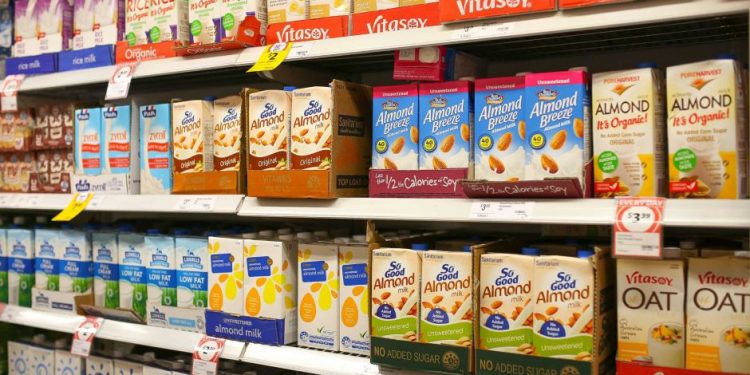Nigeria has announced its decision to exempt food stuff from Value Added Tax (VAT), a move that seeks to ease the cost burden on consumers. This will take effect on 1st February 2020.
These food stuff that will be exempt from VAT charges include bread, cereals, cooking oils, culinary herbs, fish, flour and starch, fruits, meat and poultry, milk, nuts, pulses, roots, salt, vegetables, natural water, table water, and sanitary towels.
This comes after President Muhammadu Buhari signed into law the 2019 Finance Bill.
Apart from exempting food from VAT, the bill also increased VAT from 5% to 7.5%, a move that seeks to increase the country’s revenues. Additionally, the bill also exempts companies with less than $82,000 capital from paying tax.
“It (Finance Act) is designed to promote fiscal equity by mitigating instances of regressive taxation; reforming domestic tax laws to align with global best practices; and to introducing tax incentives for investments in infrastructure and capital markets,” the East African quotes Mr Laolu Akande, the Senior Special Assistant to the President on Media & Publicity Office of the Vice President.
See Also:




